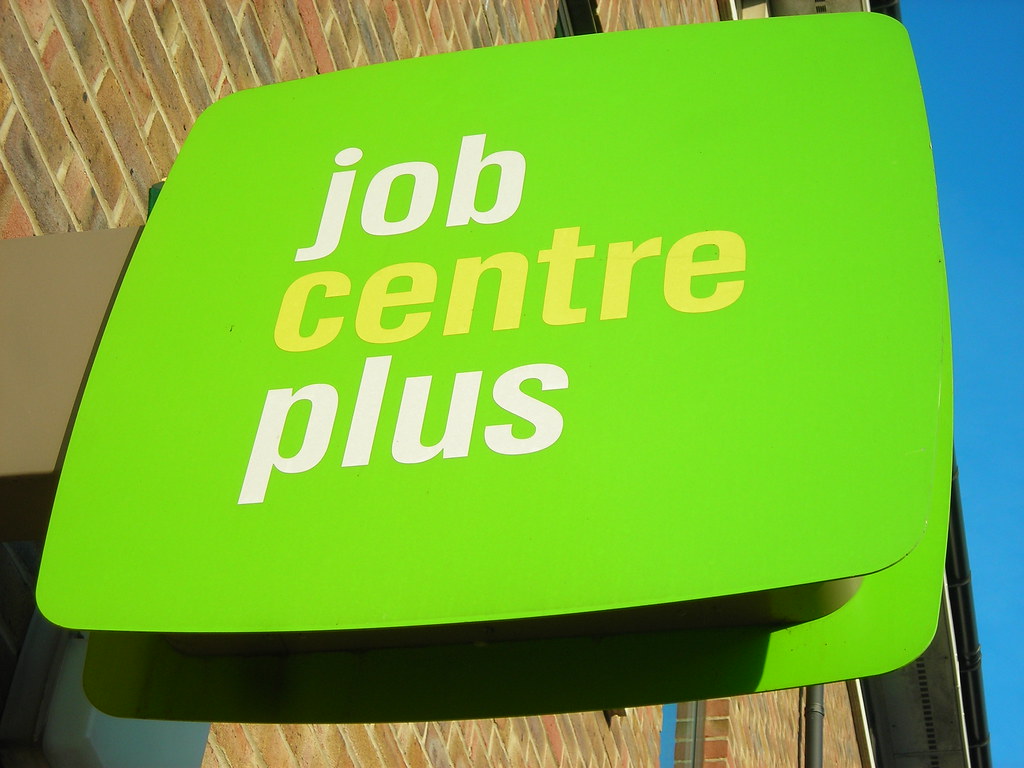Customers will need to pay an estimated £2.7bn to cover the costs of 28 failing energy suppliers and keep Bulb Energy running which fell into administration last year.
These increases are partly due to increases in wholesale prices, but Ofgem’s approach to licensing and monitoring suppliers increased the risk and cost of them failing, according to the National Audit Office (NAO).
NAO is now recommending that the Department for Business, Energy and Industrial Strategy (BEIS) and Ofgem establish a process to test how new interventions, like the price cap, would react in a range of scenarios.
It also said that Ofgem should set up targets and an annual review process for its regulation of the retail market, focusing on price, stability and innovation.
Gareth Davies, the head of the NAO, said: ‘Ofgem and BEIS ensured that the vast majority of consumers faced no disruption to their energy supply when their provider failed. However, by allowing so many suppliers with weak finances to enter the market, and by failing to imagine that there could be a long period of volatility in energy prices, Ofgem allowed a market to develop that was vulnerable to large-scale shocks.
‘Consumers have borne the brunt of supplier failures at a time when many households are already under significant financial strain having seen their bills go up to record levels. A supplier market must be developed that truly works for consumers.’
In previous years, Ofgem operated a ‘low bar’ approach to licensing to encourage new suppliers to the market, meaning it did not fully scrutinise their financial standings during and after application.
Ofgem changed the rules in 2019, with the introduction of new assessments for licence applicants, but the energy regulator did not tackle risks from existing suppliers until 2021 when many already lacked the resilience to cope with price increases.
NAO also said that when Ofgem introduced the energy price cap in 2019, it did not consider the impact it could have if there were sustained periods of price increases in the energy market.
The regulator did not examine how the price cap would interact with the supplier of last resort (SOLR) process, which transfers consumers of a failed supplier to an existing supplier to ensure continuous energy supply.
Around 2.4 million customers have been transferred through SOLR, with Citizens Advice estimating that this has cost them on average £30 more per month, since they have been moved to a higher tariff.
Ofgem is set to extend the price cap but has not yet evaluated its costs and benefits to consumers or considered alternatives.
Photo by Chanhee Lee


















Leave a Reply